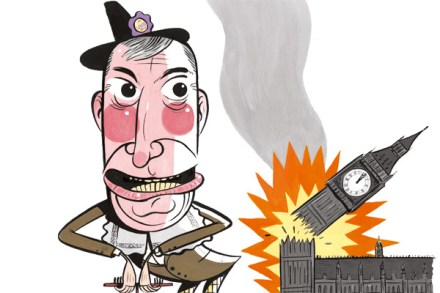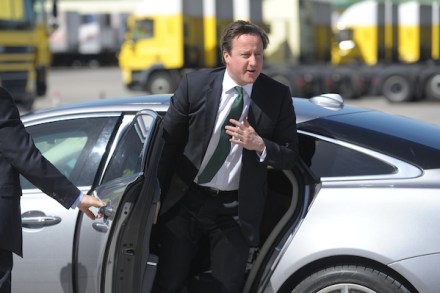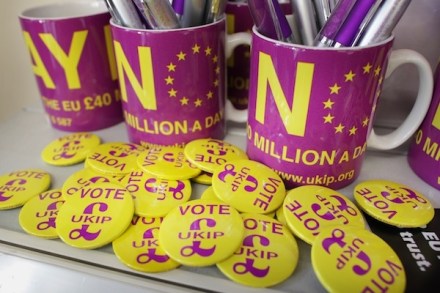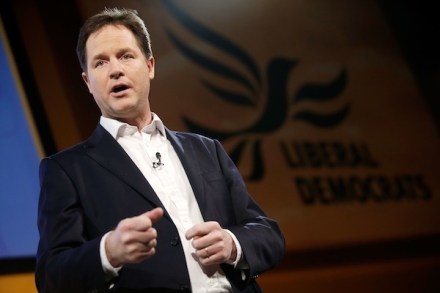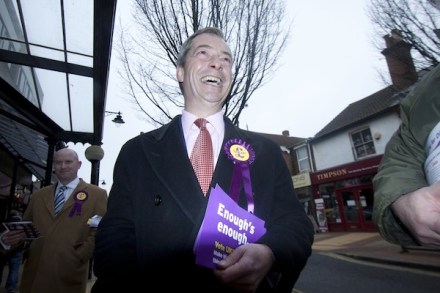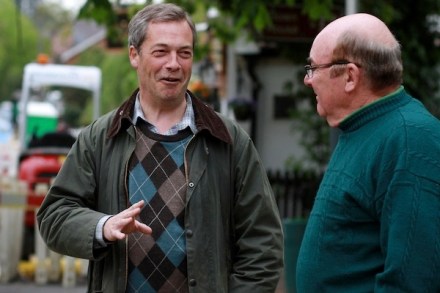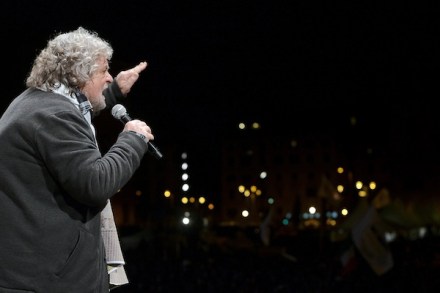The View from 22 — Ukip vs Westminster, Ukip vs the Tories and intervening in Syria
Is UKIP a bunch of fringe lunatics, or a party ready to shake the establishment to its core? In this week’s Spectator cover feature, James Forsyth examines the Ukip mission and Nigel Farage’s plan for dominating the political landscape. On the latest View from 22 podcast, James reports in from South Shields on how Farage is being received on the stump, how the party is coping with growing into a serious force and what to expect in this week’s local elections. Someone who certainly doesn’t think they should be ignored is James Delingpole. Having previously written in the magazine of why he is a convert to the Ukip cause, Delingpole
